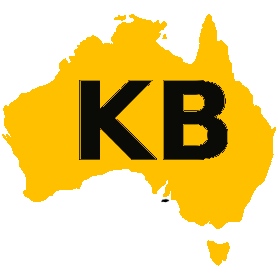Fair Value is "the amount for which an asset could be exchanged, or a liability settled, between knowledgeable, willing parties, in an arms length transaction." This is equivalent to the market value of the asset where one exists. If there is no market the fair value can be determined on a (depreciated) cost of acquisition basis.
AASB 13
AASB 13 notes that "Fair value is a market-based measurement, not an entity-specific measurement. For some assets and liabilities, observable market transactions or market information might be available. For other assets and liabilities, observable market transactions and market information might not be available. However, the objective of a fair value measurement in both cases is the same – to estimate the price at which an orderly transaction to sell the asset or to transfer the liability would take place between market participants at the measurement date under current market conditions (i.e. an exit price at the measurement date from the perspective of a market participant that holds the asset or owes the liability)."
Related Pages
- AASB 1041
- AASB 13
- Asset
- Asset Accounting
- Asset Register Structure
- Asset Valuation
- Australian Infrastructure Financial Management Guidelines
- Australia Pacific Valuers
- Brownfields Valuation
- Cost
- Depreciation
- Entry Price
- Exit Price
- Fair Value Hierarchy
- Greenfields Valuation
- Non-Financial Asset
- Revaluation
- Value
Contributors
The following site members have contributed to this page:
External Links & References
- AASB116
- Wikipedia Article
- APV Fair Value Decision Tree
- Fair Value Accounting (Khan Academy)
- Fair Value Pro United Kingdom
- Fair Value Pro Australia
- AASB 2015-7
- Google Search
- Fair Value Asset Valuation Methodologies for Victorian Local Governments - Department of Sustainability and Environment (December 2005)
- AASB 13 - Fair Value Measurement
